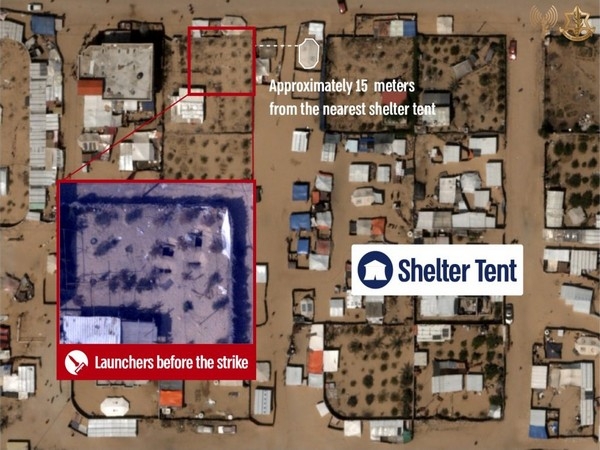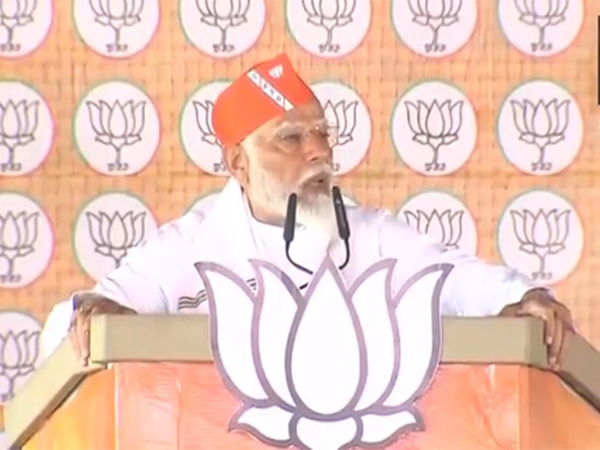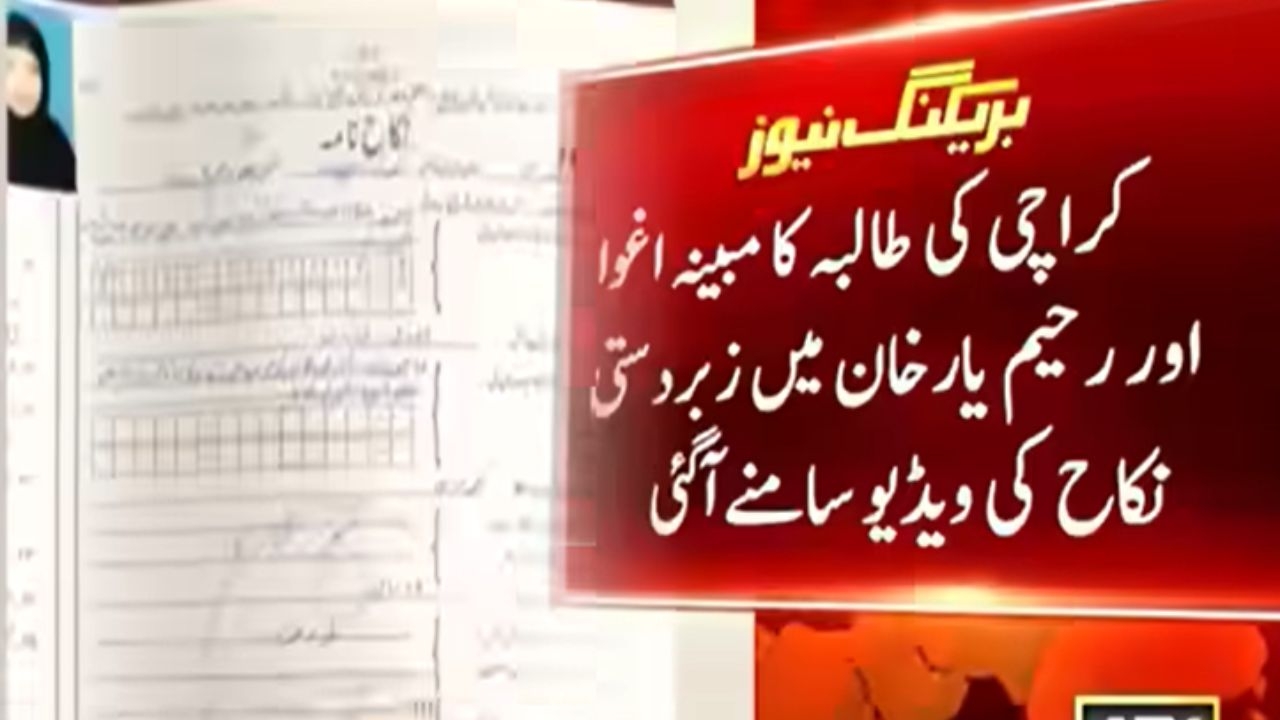Bhagwat's reservations apart, changing the social order is a political project
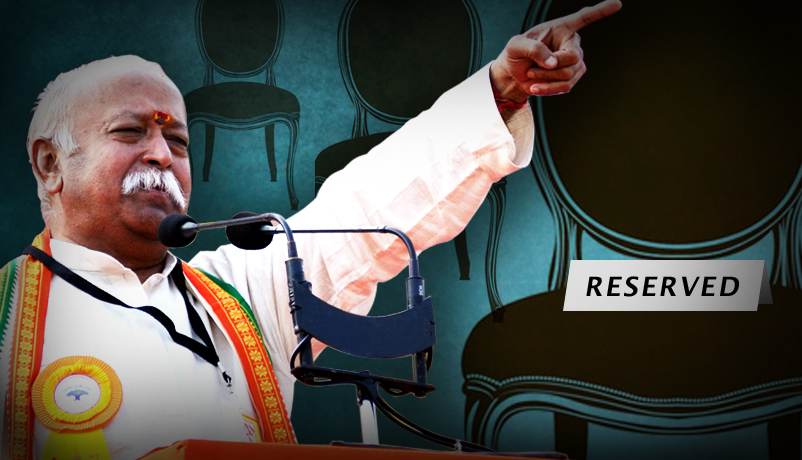
Sarsanghchalak says
- RSS chief Mohan Bhagwat recently spoke against reservations
- Bhagwat thinks a non-political committee should reevaluate quotas
- This point of view is not new
Quota PoVs
- Upper castes have always been against quotas
- Economic liberalisation has taken some sheen off reservations
- Even those who benefited seek a re-look
What\'s needed
- No political party can afford to oppose reservations, not even the BJP
- Economic liberalisation and strengthening of democracy happened together
- A non-political body is sure to find faults with quotas
- But affirmative action will always be a political project
In an interview with the Organiser, the mouthpiece of Rashtriya Swayamsevak Sangh (RSS), Mohan Bhagwat sought a review of India's reservation policy.
According to the RSS chief, "a committee of people genuinely concerned for the interest of the whole nation and committed for social equality . should decide which categories require reservation and for how long."
He specifically underlined that this committee ought to be "non-political". Not only should such a non-political committee review the reservation policy, they should also form an "autonomous commission" and work as "the implementation authority" within the larger political system.
The significance of Bhagwat's opinion
Even though this is not the first time that the RSS has expressed such an opinion, it acquires greater significance today because its political wing, the BJP, is currently the party in power. The obvious context of this remark is the ongoing movement by Patidar Patels in Gujarat for inclusion in the 'other backward classes' (OBC) list. The Patidars in the recent past have been supporters of the BJP in Gujarat.
On the face of it, Bhagwat's comments sound quite relevant to the current situation where reservations is being seen as a critical medium available to the poor and deprived for economic security - an easy way to secure admission to an educational institution or find a decent job in the government sector.
As the Patidar Patels seem to believe, once they are included in the OBC list, the unemployment problem among the youth in the community will be solved! The political class has also used "reservation" as a carrot for seeking allegiance of communities and their vote banks. The erstwhile UPA government, for example, included Jats and Marathas, the locally dominant communities (like the Patidars), in the OBC list hoping to secure their support in the upcoming elections.
Why then have there been no takers for Bhagwat's suggestions? Most interestingly, even the BJP was quick to distance itself from his comments. Its leaders went out of their way to clarify that the party did not agree with Bhagwat and had absolutely no intention of undertaking any kind of review of the reservation policy.
Fair share of criticisms
Even when the political class - from far Left to far Right - finds it hard to question its validity or value, reservations have not been free from criticisms or contestations in the Indian society. The prevailing policy has been criticized from within and without, by those who oppose it as well as by those who support it and have benefited from it.
Some regions such as Gujarat witnessed sporadic agitation against reservations right from the very start. The protests became a lot more intense and widespread during the early 1990s. That was when the Mandal Commission report was introduced and some of the quota provisions were extended to OBCs.
At that time urban youth mobilised in different parts of the country, at times turning violent. Even though they were protesting the implementation of the Mandal report, the symbolism of anti-quota agitations often used anti-Dalit language and symbols. Some leading public intellectuals and social scientists also added their voices to this, questioning the very idea of reservations and publicly criticising implementation of the Mandal report.
The format of the present reservation system has also been questioned from within by scheduled caste (SC) communities who see the system as benefiting only some sections of the category. The Madigas of Andhra Pradesh, the non-Mahar SCs of Maharashtra or Balmikis of Punjab and Haryana have all questioned the clubbing of differently deprived communities at the lower rung of the caste order into a single category.
They have been demanding sub-classification of SC communities to ensure fairer distribution of its benefits. Some states, such as Punjab and Bihar have already sub-classified the SCs and the "backwards" for distribution of benefits of state policies and programmes.
No one is questioning though
On the reservation policy itself, however, the political class has not budged, going ahead with extending and institutionalizing reservations at different levels in state-run educational institutions and jobs.
Notably, this has been happening at a time when legitimacy for the quota system in the dominant discourse has been eroding. The obvious reason for this erosion is the shift in India's economic policy, which, quite interestingly, happened around the same time that Mandal was implemented.
The new economic policy and consequent liberalisation of the Indian economy resulted in an unprecedented expansion of the private sector. The process of global integration enabled Indian businesses to grow faster and hire skilled and educated Indians at salaries far higher than those available in the state sector jobs.
Despite being a relatively small sector, their influence on the urban middle class public sphere has been steadily growing. They have also brought about a shift in the urban middle class imagination. They openly celebrate merit, individual hard work and view their achievements as personal accomplishments.
They are nearly unanimous in their opposition to reservation policies of any kind. This is also reflected in the social profile of the private sector of the Indian economy, most of whom tend to come from Hindu upper castes, a rather narrow demographic space.
Quota conflicts are hard to deal with; Even the BJP knows this
Even as the reservation policy was losing legitimacy in the urban middle class spaces, democracy was gaining ground and deepening at various levels of the political system.
Expansion of democracy gave voice to those who had hitherto been invisible and on the margins of Indian society for a long time. The electoral process gave them a sense of equality and entitlement in the new political order. Quotas and mobilisations from below also produced a new class of leaders who rose from the ranks.
Over the years, many of them become symbols of democratic representation, to their communities and to the larger democratic political system. While the social base of Indian economy tended to get narrower, the story of its democratic politics was just the opposite.
These conflicting processes are hard to deal with and the political class, including those in the BJP, is well aware of this. Reservations are not simply a matter of what appears reasonable and right.
A non-political committee, as proposed by Mr. Bhagwat is almost certainly likely to find faults with the reservations policy and it is for this reason that those who see merit in continuing the policy suspect his intentions.
Reservations, particularly those for the SCs and STs, are about changing the social order, which can only be a political project.
The views expressed here and personal and do not necessarily reflect those of the organisation.
First published: 29 September 2015, 4:45 IST
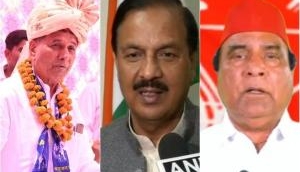
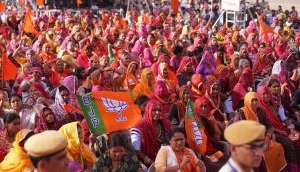

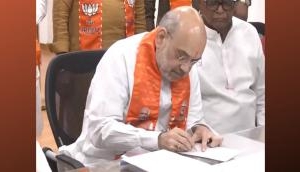
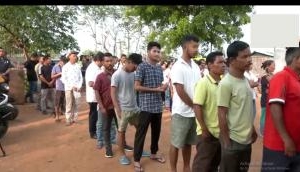
![BJP's Kapil Mishra recreates Shankar Mahadevan’s ‘Breathless’ song to highlight Delhi pollution [WATCH] BJP's Kapil Mishra recreates Shankar Mahadevan’s ‘Breathless’ song to highlight Delhi pollution [WATCH]](http://images.catchnews.com/upload/2022/11/03/kapil-mishra_240884_300x172.png)

![Anupam Kher shares pictures of his toned body on 67th birthday [MUST SEE] Anupam Kher shares pictures of his toned body on 67th birthday [MUST SEE]](http://images.catchnews.com/upload/2022/03/07/Anupam_kher_231145_300x172.jpg)


_251372_1280x720.jpg)
_251371_1280x720.jpg)
